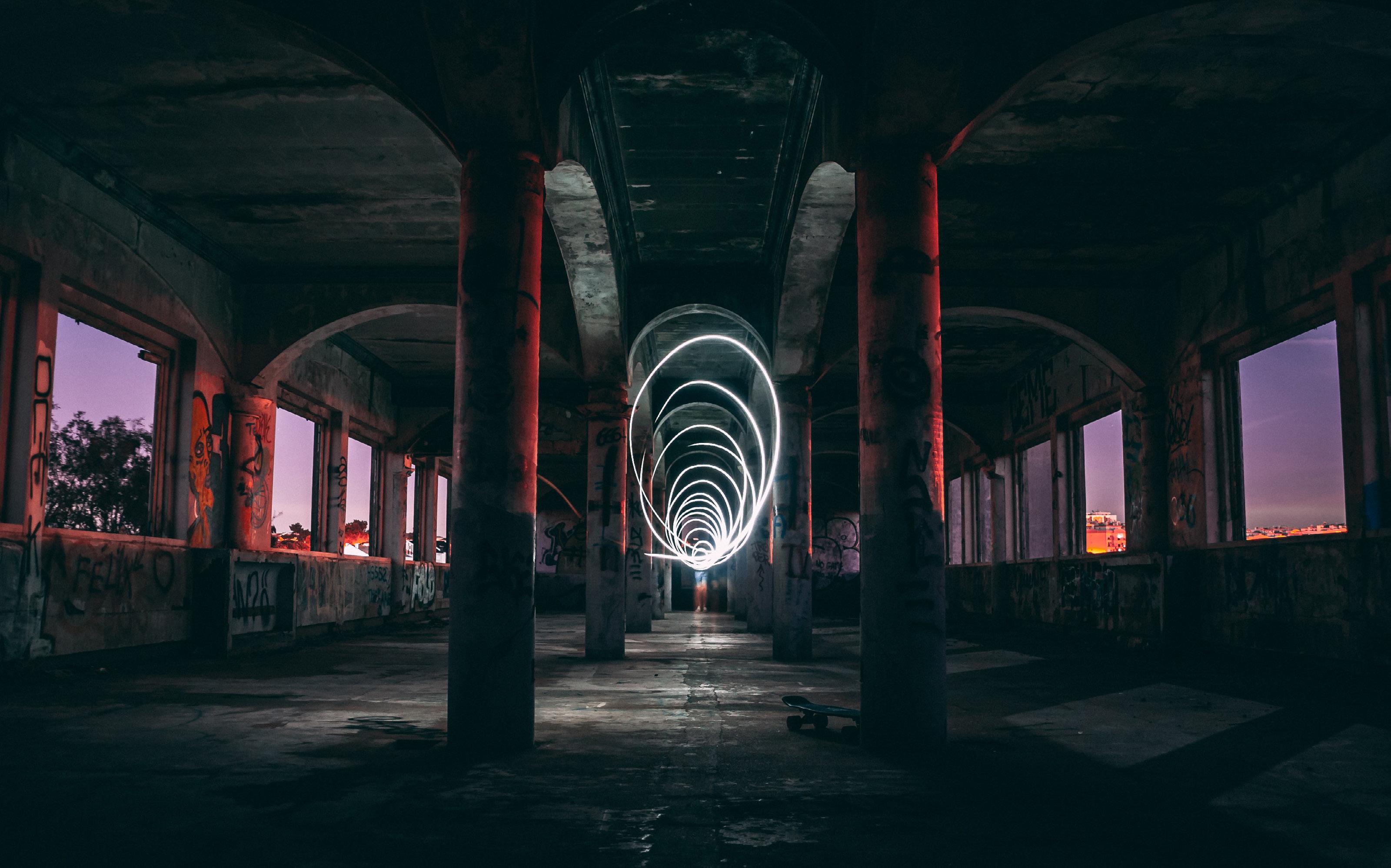
WHAT IS LIGHT PAINTING? First things first! Light painting (sometimes called light drawing or light graffiti) uses a moving light source, such as a torch, to add light patterns to a long exposure. It's a freeform style of photography, with photographers adding different colors. shapes, patterns or just blocks of light to an image with artificial light.
EQUIPMENT
You will need certain equipment to produce successful light painting photos. Firstly, your camera needs to have full manual controls and a Bulb mode that allows you to leave the shutter open for as long as you choose. Lenses will depend on what you’re photographing, although most light painting scenarios will benefit best from using a wide-angle lens. A wideangle lens gives you more room to play around in and a greater area to create more dramatic effects in.
As you’ll be shooting long exposures a tripod is crucial to avoid motion blur and camera shake. Make sure your tripod is sturdy and won’t be blown around by any breeze! In conjunction with a tripod, you’ll also need a remote shutter release. Pressing the shutter button down can cause slight camera shake, so using a remote release will negate this issue.
Plus, as you will be shooting in Bulb mode and choosing when to stop shooting, a remote release will make life far easier. It’s worth noting that many modern cameras have the ability to be controlled via an app on your phone. And, if you’re moving light sources around yourself, a stopwatch allows you to time your movements and can tell you when to stop firing.
This story is from the Issue 117 edition of Photography Masterclass Magazine.
Start your 7-day Magzter GOLD free trial to access thousands of curated premium stories, and 9,000+ magazines and newspapers.
Already a subscriber ? Sign In
This story is from the Issue 117 edition of Photography Masterclass Magazine.
Start your 7-day Magzter GOLD free trial to access thousands of curated premium stories, and 9,000+ magazines and newspapers.
Already a subscriber? Sign In
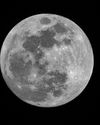
MASTERCLASS HOW TO CAPTURE PERFECT MOON PHOTOS
HOW TO CAPTURE PERFECT MOON PHOTOS
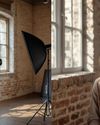
THE 30 DAY EMOTION CAPTURE CHALLENGE
30 DAYS, 30 EMOTIONS: YOUR LENS, YOUR STORY
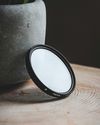
3 MUST-HAVE FILTERS FOR SHOOTING LANDSCAPE PHOTOGRAPHY
While digital photography has made many filters redundant through post-processing software like Photoshop, there are still some essential filters that can't be replaced.
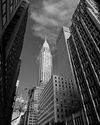
9 TIPS FOR CAPTURING TACK-SHARP PHOTOS
As a photographer, you know that image sharpness can make or break your shot.

ABOUT MALLORCA
Mallorca, the largest island in the Balearic archipelago nestled in the Mediterranean Sea, boasts a diverse and breathtaking landscape that captivates travelers from around the globe.
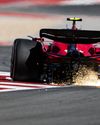
FEATURED PHOTOGRAPHER: JAMEY PRICE
Jamey Price is a celebrated motorsport and automotive photographer from Charlotte, North Carolina, whose vibrant and dynamic images have captured the thrill of racing across more than 25 countries.
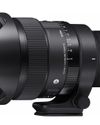
THE LOWDOWN ON THE SIGMA 15 MM F/1.4 ART FISHEYE LENS FOR SONY
Still, I don't want you to think I'm trying to give you the ol' bait-and-switch, so I'll say right from the top that this lens is quite pricey, and it's certainly not for everyone.

FEATURED PHOTOGRAPHER: DINA BELENKO
In this issue, we interview Dina Belenko, the conceptual still life photographer whose work transcends the boundaries of imagination.
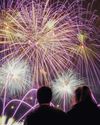
PROVEN TECHNIQUES FOR CAPTURING THE BEAUTY OF FIREWORKS
Snapping the perfect shot of a fireworks display involves more than just pointing and shooting.
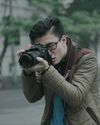
7 REASONS TO USE A DEDICATED CAMERA INSTEAD OF A SMARTPHONE
Nearly all of us us have a smartphone in our pockets and the included cameras have led to a real explosion in photography.